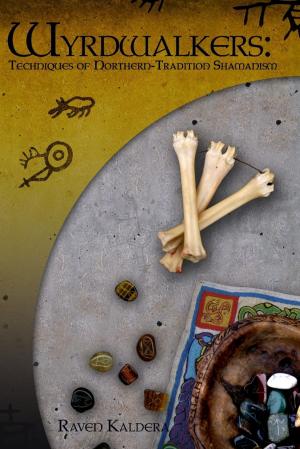A Calendar of Orthodox Saints & Feast Days: Orthodox Service Books - Number 9
Nonfiction, Religion & Spirituality| Author: | Fr. Joseph Irvin | ISBN: | 9780359498932 |
| Publisher: | Lulu.com | Publication: | March 12, 2019 |
| Imprint: | Lulu.com | Language: | English |
| Author: | Fr. Joseph Irvin |
| ISBN: | 9780359498932 |
| Publisher: | Lulu.com |
| Publication: | March 12, 2019 |
| Imprint: | Lulu.com |
| Language: | English |
The feast days and celebrations honoring the saints had become a common practice by the 4th c. The 20th canon of the Council of Gangra in Asia Minor (between (325 and 381) anathematizes those who reject the feast days of the saints. Throughout early Christianity, Christians customarily met in the places where the martyrs had died, to build churches in their honor, venerate their relics and memory, and present their example for imitation by others. They also met on the day of their death to commemorate "their new birthday, the day they entered into their new life, in Heaven." To this day the Orthodox have maintained the liturgical custom of meeting on the day of the saint's death, of building churches honoring their names, and of paying special respect to their relics and icons. The 7th Ecumenical Council declares that "we adore and respect God our Lord; and those who have been genuine servants of our common Lord we honor and venerate because they have the power to make us friends with God the King of all."
The feast days and celebrations honoring the saints had become a common practice by the 4th c. The 20th canon of the Council of Gangra in Asia Minor (between (325 and 381) anathematizes those who reject the feast days of the saints. Throughout early Christianity, Christians customarily met in the places where the martyrs had died, to build churches in their honor, venerate their relics and memory, and present their example for imitation by others. They also met on the day of their death to commemorate "their new birthday, the day they entered into their new life, in Heaven." To this day the Orthodox have maintained the liturgical custom of meeting on the day of the saint's death, of building churches honoring their names, and of paying special respect to their relics and icons. The 7th Ecumenical Council declares that "we adore and respect God our Lord; and those who have been genuine servants of our common Lord we honor and venerate because they have the power to make us friends with God the King of all."















